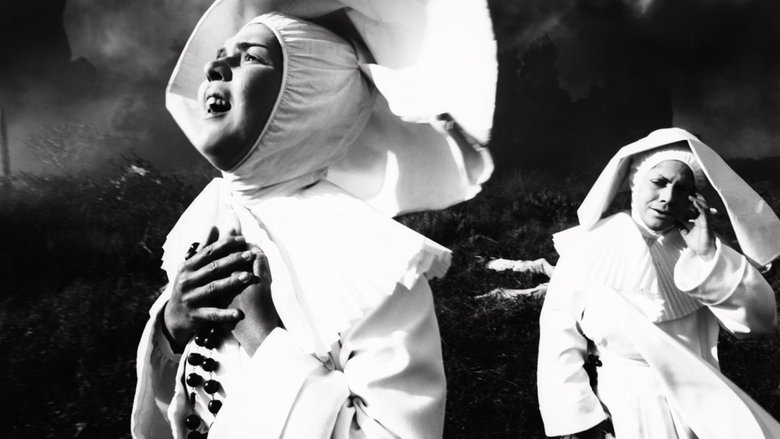Ko ta maatau whare pikitia me to wharepukapuka whakaataata ka taea noa te rere, te tango mai ranei ma nga mema anake
Me matakitaki tonu mo te FREE ➞He iti ake te waa 1 meneti ki te Haina Mai ka pai ai ki a koe te koa ki nga Kiriata Mutunga & Taitara TV.

Lucía (1968)
In his award-winning film Lucía, Humberto Solás interpreted the theme of Cuba’s hundred years' struggle in an entirely novel way to create an epic in three separate episodes, each centred around a woman called Lucía and each unfolding in a different period of Cuban history, corresponding to the three stages of colonialism (1895), neocolonialism (1930) and socialist revolution (1968). The three episodes also present us with "Lucías" of different social classes. Solás described his film in this way: "The woman's role always lays bare the contradictions of a period and makes them explicit: Lucía is not a film about women, it's a film about society."
Momo: Drama
Maka: Raquel Revuelta, Eslinda Núñez, Adela Legrá, Eduardo Moure, Ramón Brito, Adolfo Llauradó
Kaimahi: Humberto Solás (Director), Raúl Canosa (Producer), Camilo Vives (Producer), Nelson Rodríguez (Writer), Julio García Espinosa (Writer), Humberto Solás (Writer)
Subtitle:
![]()
![]()
![]()
![]()
![]()
![]()
![]() ETC.
ETC.

